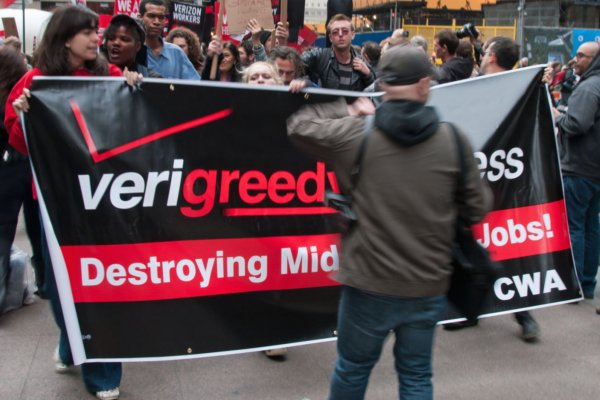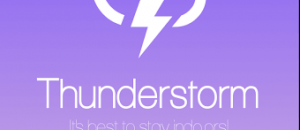For a long time tethering your Android device’s Internet connection to another device was as easy as downloading a free (or paid) tethering app from Android Market/Play Store. Then everything changed when greedy corporations decided they wanted to charge you extra money for sharing your Internet connection, a connection you already pay for, with other devices. In an attempt to force consumers to shell out extra cash for tethering plans, major telecom companies, especially in the United States, started blocking tethering apps (free and paid) from Play Store. The Federal Communication Commission has hit back at one such major American telecom, Verizon Wireless, telling it that it cannot block tethering apps, whether that be on Android or other mobile platform.
You see when Verizon was buying the 700MHz spectrum for its 4G LTE service, it agreed to a ‘C-Block Open Access Provision’ which states that Verizon must allow consumers to use their Internet connection in whatever way they desire, meaning Verizon cannot block customers from using specific apps, in this case tethering apps. The FCC used this provision against Verizon, not only forcing it to allow free tethering on Android but also to pay a $1.25 million fine to settle the dispute.
It should be noted, however, the FCC’s judgement applies only to customers on Verizon’s new, bandwidth capped plans. If you are on a grandfathered unlimited data plan, then Verizon does not have to unblock tethering apps for you; however, it remains to be seen if Verizon will or will not unblock tethering apps for grandfathered users, whether that be due to technical reasons (i.e. Google may not have the ability to allow Verizon to block apps for specific users and unblock for other users) or due to shame. Interestingly enough, as some commentators point out, Verizon’s new ‘Share Everything’ plans include tethering by default so this action by the FCC may be too little, too late.
If AT&T, Sprint Nextel, and T-Mobile USA customers are hoping the same thing will happen for them, let me crush your hopes and dreams right now. The FCC went after Verizon and not the other three major American wireless telecoms because the open access provision mentioned above was triggered during the auctioning of the 700Mhz spectrum when Verizon bought it due to the high price the spectrum was sold at; the same provision was not triggered when the other three companies bought their respective spectrum, meaning they aren’t bound by it. Unless Congress passes a law allowing forbidding them from doing so, the other three will likely continue to block apps as desired.
[via ArsTechnica | Image credit: Tony Fischer]

 Email article
Email article




